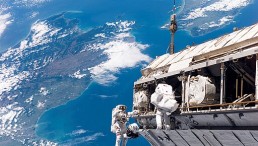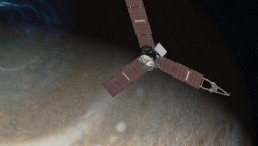The buying and selling of human breast milk online is a surprisingly popular trend. Due to the much publicized benefits of breast feeding over formula substitutes - as well as the demand generated by bodybuilders who believe it to be a natural superfood and adults with a baby fetish -, online transactions of this product have increased in recent years. What many mothers don't know, however, is that human breast milk bought online can pose serious health risks to infants and those who consume it.
An editorial written by researchers from the University of London's school of medicine and dentistry warned of the possibility of infants contracting hepatitis, HIV and syphilis by consuming unscreened milk bought online. One study cited claims that bacterial growth was found in more than 90 percent of the breast milk bought online and that some of the sellers even included intravenous drug users.
This is confirmed by other studies conducted on the matter. Researchers led by Sarah Klein of the Center for Biobehavioral Health at Nationwide Children's Hospital in Columbus, Ohio, found that more than 75 percent of 101 breast milk samples purchased were poorly shipped or stored and had high levels of bacterial growth - including fecal matter and salmonella.
"The donor is unlikely to have been adequately screened for infectious disease or contamination risk. In addition, it is not likely that the human milk has been collected, processed, tested or stored in a way that reduces possible safety risks to the baby," the U.S. Food and Drug Administration said in a statement released in 2010, urging caution to mothers who planned to feed their babies purchased or donated breast milk. Since then, however, online transactions of human breast milk has continued growing, which is why many have urged that these transactions be regulated.
Although regulated milk banks on the National Health Service provide human breast milk, access is strictly limited since only sick or premature babies are given priority access. In the United States where milk banks charge up to $4 an ounce, online milk is often the cheaper option. Unlike regulated bank milk, no expense is incurred in routine pasteurisation or testing for disease or contamination.
The unregulated online human milk market, however, is increasing both in the United States and Europe, as evidenced by the fact that the U.S.-based site OnlyTheBreast - which calls itself "a community for Moms to buy, sell and donate natural breast milk" - recently went live with its British version.














